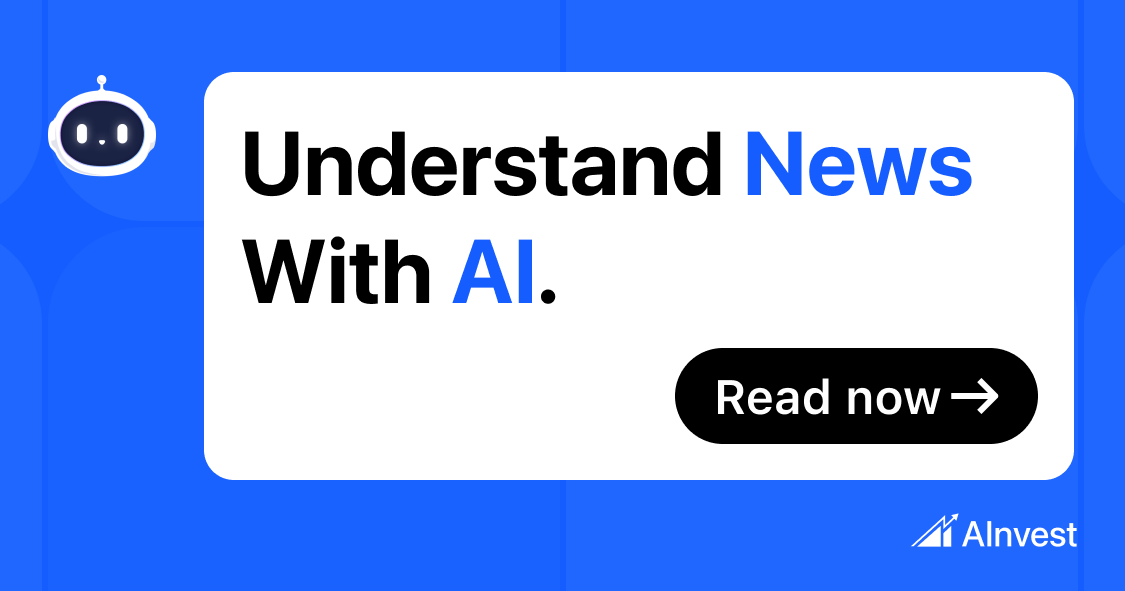
Gemini 2.5 Deep Think Outperforms Grok 4 and o3 in Key AI Benchmarks
How did your country report this? Share your view in the comments.
Diverging Reports Breakdown
Gemini 2.5 Deep Think Outperforms Grok 4 and o3 in Key AI Benchmarks
Google DeepMind has introduced Gemini 2.5 Deep Think, its most advanced AI reasoning model to date. Designed to revolutionize problem-solving capabilities, this model employs a multi-agent architecture that enables it to explore and synthesize multiple ideas in parallel. The new model is currently accessible to users with the Ultra subscription plan, which costs $250 per month, following its public debut at Google I/O 2025. A version of the model recently achieved a gold medal at the International Math Olympiad (IMO), showcasing its exceptional performance in solving complex mathematical problems. Google’s introduction of Gemini Deep Think signifies a transformative leap in AI, offering a powerful tool that could redefine the landscape of advanced problem-Solving and strategic decision-making. The company plans to expand access to the model via the Gemini API, targeting a select group of testers.
The new model is currently accessible to users with the Ultra subscription plan, which costs $250 per month, following its public debut at Google I/O 2025. Gemini 2.5 Deep Think is the first publicly available multi-agent model from Google, highlighting the company’s ongoing efforts to push the boundaries of AI technology. This system represents a departure from traditional AI reasoning, which typically follows a linear process, by introducing a collaborative, team-like approach to problem-solving [1].
The core innovation of Gemini Deep Think lies in its ability to spawn multiple AI agents that work concurrently on a single problem. While this method is more computationally intensive than traditional models, it consistently produces superior outcomes. A version of the model recently achieved a gold medal at the International Math Olympiad (IMO), showcasing its exceptional performance in solving complex mathematical problems. Google has also made a specialized version of the model available to a select group of mathematicians and academics, which is optimized for high-level research tasks. Unlike consumer-facing AI, this version can take hours to process and refine complex problems [1].
In benchmark tests, Gemini 2.5 Deep Think outperformed several leading AI models. On the ‘Humanity’s Last Exam’ (HLE), a challenging test measuring AI’s ability to answer a wide range of questions, it scored 34.8%, surpassing xAI’s Grok 4 (25.4%) and OpenAI’s o3 (20.3%). The model also excelled in LiveCodeBench6, a competitive coding test, with a score of 87.6%, outperforming Grok 4 (79%) and o3 (72%). These results underscore its potential in technical and creative domains. Furthermore, Gemini 2.5 Deep Think integrates with tools such as code execution and Google Search, enabling it to deliver longer and more detailed responses [1].
Despite its impressive capabilities, the high computational costs associated with running multi-agent AI systems present a challenge. These costs are significantly higher than those of traditional AI models, leading tech companies to restrict access to these systems through premium subscription tiers. This trend is already evident with xAI’s Grok 4 Heavy and now Google’s Gemini 2.5 Deep Think. The strategic decision to limit access underscores the resource intensity of these models and their value to high-end users. Additionally, other major AI labs, including xAI and OpenAI, are adopting similar multi-agent approaches, suggesting a broader shift in the industry [1].
In the near future, Google plans to expand access to Gemini 2.5 Deep Think via the Gemini API, targeting a select group of testers. This initiative aims to explore how developers and enterprises can utilize the model for specialized applications, paving the way for a more widespread deployment. As multi-agent AI systems become more prevalent, their ability to tackle complex challenges in science, technology, and other fields is expected to grow, potentially accelerating innovation and research. Google’s introduction of Gemini Deep Think signifies a transformative leap in AI, offering a powerful tool that could redefine the landscape of advanced problem-solving and strategic decision-making [1].
Source: [1] Gemini Deep Think Unleashes a Revolutionary Era in AI Reasoning (https://coinmarketcap.com/community/articles/688ca8b0cd401e0b4cb368e2/)
Source: https://www.ainvest.com/news/gemini-2-5-deep-outperforms-grok-4-o3-key-ai-benchmarks-2508/
